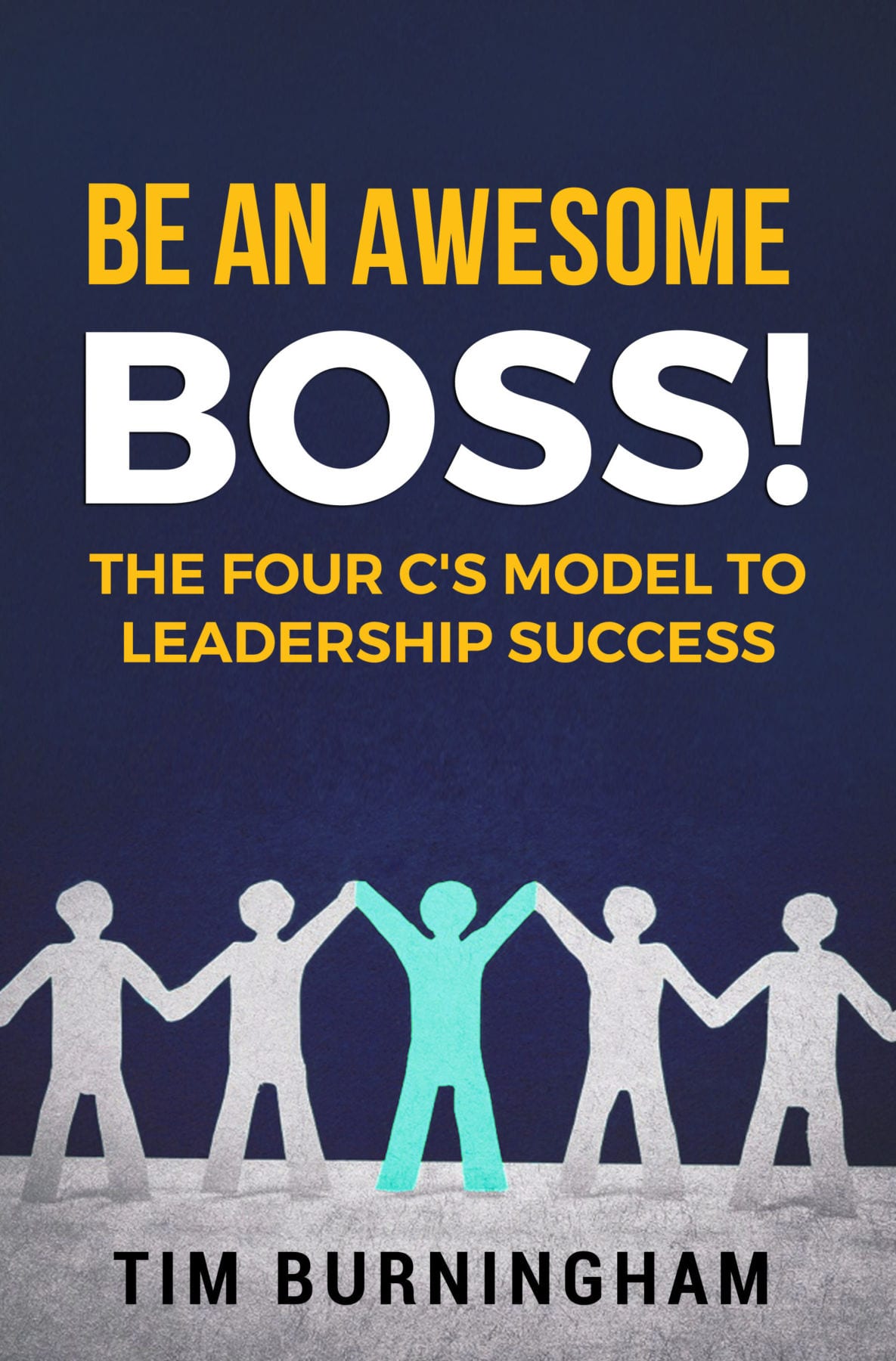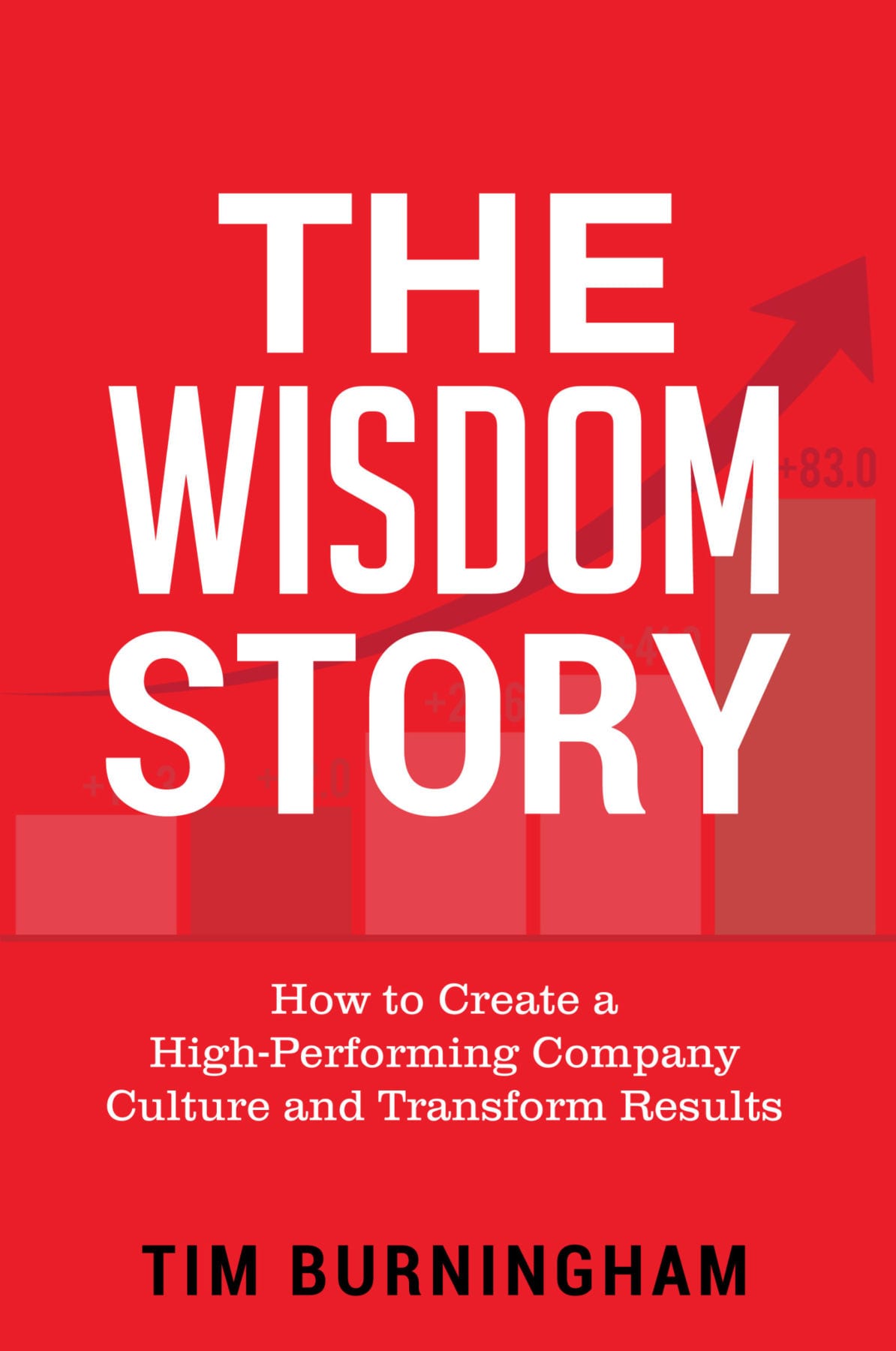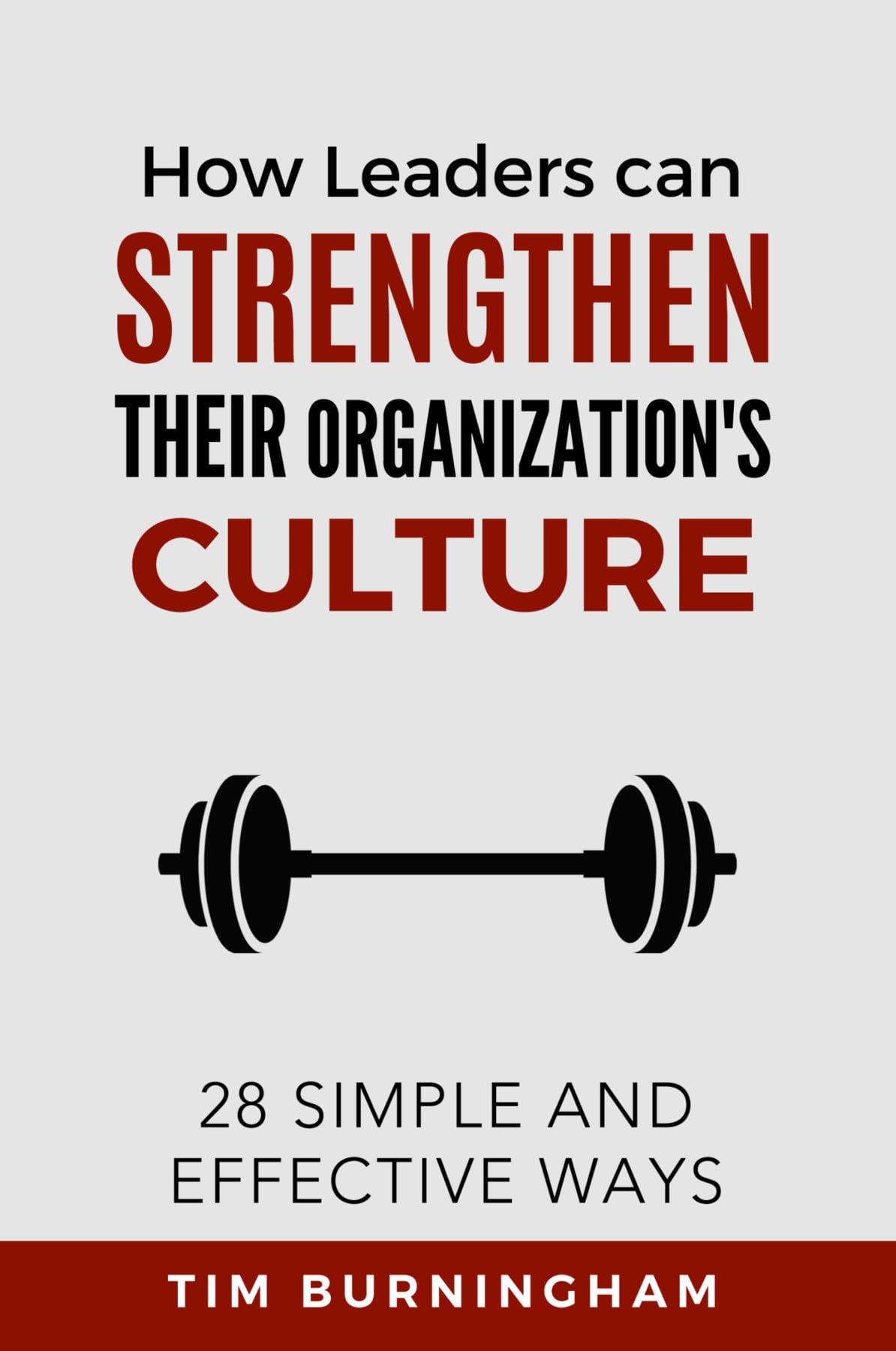During this last episode of season five, Tim answers questions received from listeners on important topics such as where to begin in building a strong company culture, how to handle a workplace where it feels nearly impossible to establish consistency, and what to do when you know you’ve made a mistake. Don’t miss this last episode of the season that will help you learn how to better establish a strong company culture.
Transcript
I’m Tim Burningham and this is The Culture Guide Podcast.
Hey everyone, welcome to the podcast. We are on episode 10 of season five of The Culture Guide Podcast. As a reminder, our podcast exists to help leaders and organizations create amazing company cultures, and we believe that amazing company cultures can transform the results within any organization.
So we made it. We made it to the last episode of season five of the Culture Guide Podcast. So if you’re new to the podcast, we’ve established a bit of a tradition that during our last episode of each season, I go back and answer questions that we received from listeners throughout the season. And so that’s our plan. Today I’m going to answer some questions that we received during season five of the Culture Guide Podcast.
Now before I do that, I just want to thank everyone who’s listened in and also those who have sent us questions, who had questions, who sent us questions so that we could answer them today. And hopefully the answers will be helpful to you and maybe clarify some of the things that I left out.
What if I Can’t Change the Mission, Vision, & Values of my Organization
So the first question is: In Episode 5 you talked about where to begin building a strong company culture. But what if I’m not the CEO? What if I don’t have the power or the authority to change the mission, vision, and values of my organization?
So this is a great question, and it’s one that’s brought up quite a bit. Lots of times I talk about the importance of creating organizational clarity around purpose or your mission. Your vision where you’re headed or your values. Really what you stand for in what you believe in and those things that you believe that if you uphold that will help you achieve your mission and vision.
And so what do you do if you lead a team but you don’t have the power or the authority to either create a mission, vision or values, or change the ones that currently exist in your organization because they’re not very helpful? What you can do is that you can create your own mission vision and values for the team that you lead.
For example, if you lead a department, then create a mission vision and values for that department that you lead; or if you lead just a small team in your organization, then create a purpose or vision and values for that small team that you lead.
As you create these building blocks, as we called them in episode 5, as you create these building blocks just for your team, it will have a huge impact on the culture of that team.

Then later on down the road, we actually took the core values of the hospital that weren’t really ever talked about or shared much, but we began to talk about those a lot in our department and we began to define what they meant for us and how they could help us improve and help us live our mission. So again, as we created clarity throughout our department…on the mission and values for our Department, our results began to improve quite a bit, and the morale in our department began to improve. So much so that other department heads in the hospital began to ask me: What are you doing? How have you changed performance? Why does everyone seem so much more engaged in your Department?
And so again, if you’re not the CEO. If you’re not the leader of your organization. If you don’t have the authority to create the mission vision values or to change the mission, vision, and values within your organization, then create them for your own team…created for those that you lead and it will help you have a great culture.
The Most Important Thing a Leader Can do Before Hiring a Coach
The next question is…in episode seven you talked about the most important thing a leader can do before hiring an executive coach is to have a 10 to 15 minute conversation with them? What are some things I might want to ask during this conversation?
So that’s a great question. So just a few simple questions that you may want to ask is number one: I would make sure and ask what is your coaching style like? How do you approach a coaching call? And what will our conversations or interactions look like and also ask what can I expect working with you as a coach?
I think establishing clear expectations is really important between a coach and a client and also ask…especially if you have a specific issue on your mind that you feel like you need help with. As an executive, I would make sure that you ask them: how would you go about solving this problem or how do you think, you know, engaging with you as a coach would help me resolve this problem and overcome this obstacle that I’m trying to work through?
And so I think asking those questions will really be helpful. And then of course you may want to think about practical questions that you may want to ask, such as, you know, how much do you charge. How flexible are you with scheduling?
You may also want to ask: what are your expectations of me as your client? So I think all of these questions can be really helpful to you as you strive to find a coach that will be a great match for you.
How to be Consistent When There is Constant Change
The next question comes from episode 8 and the question is: I work in tech and things are always changing. What do I do?
So this is a good question, so if you’re familiar with The Four C’s Model, the first step is to create organizational clarity. The second step is to establish consistency. Now if you work in the tech world or you feel like you work in an industry or an organization where things are just constantly changing and there’s a lot of inconsistency…that first step in The Four C’s Model becomes that much more critical to your success, and again, that first step is creating clarity.
So what I mean by that is that as things are inconsistent in your organization, it’s really important for you to clarify why, why things are changing so much, why things are so inconsistent. Why you’re having to constantly move things around and make adjustments and make changes in the workspace? Again, if you create clarity around the why, the purpose…of all of the inconsistency, it will actually help you create a certain level of stability and dependability in your organization, because those things are constantly changing in your organization.
People understand why and they can get it. They…they can be in the know and then simply being in the know…can really help us embrace inconsistency in our organizations.
What to do When You’ve Been Inconsistent
Now the next question comes from that same episode, episode 8 and it says, what if I know I’ve been inconsistent? What should I do at that point?
So I think there’s two things that you should do as a leader. If you know that you’ve been really inconsistent, I think there’s two things that you should do to kind of re-establish that level of consistency that you’re looking for in your organization. So number one is to simply apologize, to own it to say, look, I know I’ve been inconsistent. I know it’s negatively impacted our team and I really want to improve. So number one is to apologize.
Number two is share the plan moving forward of how you’re going to strive to be better at establishing consistency. And part of that plan may be inviting your colleagues and those that you lead to help you write in.. to point out when they feel like you as a leader isn’t doing a very good job at establishing consistency. As you give your team permission to help you along the way, it can really help you again establish consistency.
So number one is to apologize. And number two is to share your plan that you have to improve.
Expertise Matters Little When Earning Respect
The last question that we have today is from episode 9 and it says: Does expertise not matter when trying to earn respect?
So I realized in that episode that I kind of downplayed expertise of… of course, as leaders, we need to have a certain knowledge of expertise in order to perform well in our role. However, I would say that expertise in leadership and interpersonal skills and communication are probably much more important in terms of earning respect of your team…then technical skills.
And so I didn’t want to say expertise doesn’t matter at all. You certainly have to have some level of expertise. And again, depending on the job, it may require more expertise than others. However, expertise alone won’t earn you the respect of your team.
Thanks everyone for listening in to the podcast and listening to all the episodes during this season. I hope they’ve been helpful to you. Also, don’t forget to check out my newest book called The Wisdom Story, which is now available on Amazon.com.
Please leave us a review and I wish you all the best on your journey as you continue to strive to create an amazing culture in your organization. Again, take care out there and we’ll catch you next time.










